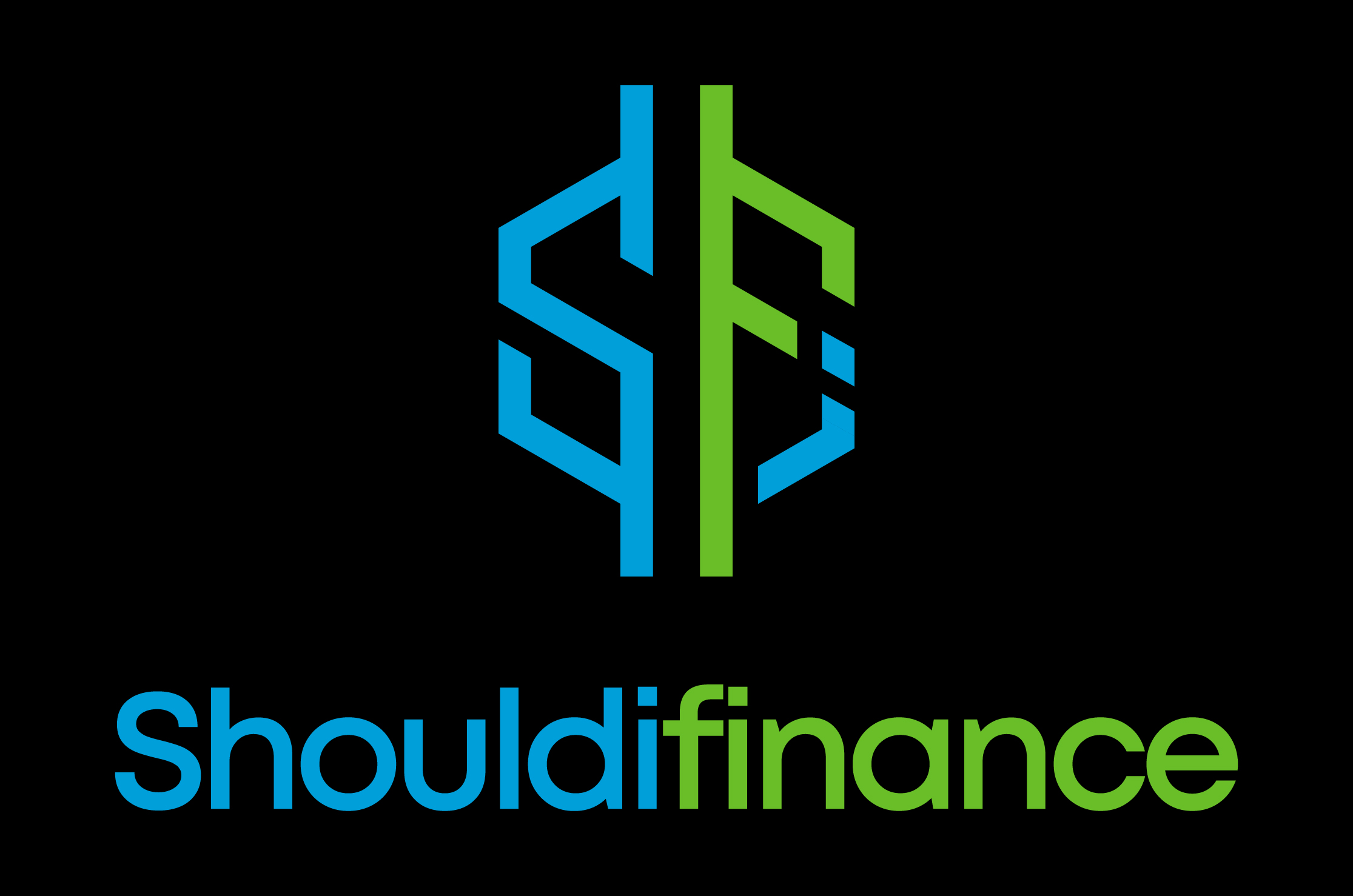In an era marked by skyrocketing energy costs and the looming specter of inflation, there’s a powerful solution that not only secures your financial future but also contributes to a greener planet – solar panels. This comprehensive guide dives deep into the intricate details of solar power, revealing why making the switch is not just a smart financial move but also an essential step towards environmental responsibility and how solar panels help you fight inflation The Price Surge in Energy and the Solar SolutionFor over sixty years, the Energy Information Administration (EIA) has meticulously documented the relentless upward trajectory of electricity prices in the United States. Let’s explore the numbers: – 1960: 2.6 cents per kWh – 1965: 2.4 cents per kWh – 1970: 2.2 cents per kWh – 1975: 3.5 cents per kWh – 1980: 5.4 cents per kWh – 1985: 7.39 cents per kWh – 1990: 7.83 cents per kWh – 1995: 8.40 cents per k Wh – 2000: 8.24 cents per kWh – 2005: 9.45 cents per kWh – 2010: 11.54 cents per kWh – 2015: 12.65 cents per kWh – 2020: 13.15 cents per kWh As we dissect these numbers, you’ll discover the financial impact of this trend and why solar panels represent a beacon of hope in a landscape of rising energy costs. Battling Inflation: How Solar Investments Protect Your Finances Inflation, the ever-present economic adversary, has historically eroded the purchasing power of the U.S. dollar. Let’s delve into the data from the Bureau of Labor Statistics: – 2012: 2.1% – 2013: 1.5% – 2014: 1.6% – 2015: 0.1% – 2016: 1.3% – 2017: 2.1% – 2018: 2.4% – 2019: 1.8% – 2020: 1.2% – 2021: 4.7% – 2022: 8.3% (Estimated) Explore how solar investments can be a potent tool in your arsenal to combat the insidious effects of inflation on your finances. The Evolution of Solar Energy Costs: A Game Changer A mere decade ago, the prospect of installing solar panels seemed financially intimidating. However, a seismic shift has occurred in the solar industry, with costs steadily declining. Dive deep into the National Renewable Energy Laboratory’s data to grasp how solar energy is becoming not just affordable but also an attractive investment: – 2010: $7.53/watt – 2011: $6.62/watt – 2012: $4.67/watt – 2013: $4.09/watt – 2014: $3.60/watt – 2015: $3.36/watt – 2016: $3.16/watt – 2017: $2.94/watt – 2018: $2.78/watt – 2019: $2.77/watt – 2020: $2.71/watt Discover why solar panels are defying the traditional narrative of inflation and why now is the perfect time to invest in solar energy. Solar Panels: Your Financial Fortress and Energy Freedom As electricity rates spiral ever higher, solar panels emerge as an indispensable shield for your finances. Explore the intricacies of generating your electricity, dramatically reducing your reliance on the grid, and leading to substantial savings. Unearth the complexities of the solar panel payback period, a pivotal financial milestone that allows you to regain control of your energy costs. Harnessing Solar Savings for a Brighter Future Once your solar panel system pays for itself, the savings accrued each month evolve into a valuable financial asset. Delve into strategies on how to allocate these savings wisely. Explore how solar investments can empower you to pay down debts faster, mitigate the impact of inflation on food prices, upgrade your home, increase your budget for leisure activities, and even consider acquiring a new vehicle. Solar Power: Environmental Stewardship Beyond the financial benefits, discover how adopting solar power contributes to environmental stewardship. Learn how reducing your carbon footprint, decreasing reliance on fossil fuels, and harnessing clean energy align with a sustainable future. Explore the positive impact of solar energy on our planet’s health and longevity. In a world grappling with rising energy costs, inflationary pressures, and environmental concerns, embracing solar power emerges as a convincing solution that offers not only financial security but also an opportunity to make a positive impact on the planet. Dive into the world of solar energy and let it be your guiding light toward financial well-being and environmental responsibility.
How Compound Interest Can Make You Rich
Have you ever wished that you could have more money, without all the effort? Do you want to know the secret to growing your wealth over time, without taking too much risk? If you answered yes to any of these questions, then you need to learn about the power of compound interest and why it’s important for your financial goals. Compound interest is a simple concept that can have a huge impact on your money. It means that you earn interest on your interest, as well as on your principal amount. In other words, your money grows faster and faster as time goes by, because you keep adding more interest to your balance. To understand how compound interest works, let’s look at an example. Suppose you have $1,000 and you invest it in an account that pays 5% interest per year. If the interest is compounded annually, this means that you will get $50 in interest at the end of the first year, and your balance will be $1,050. Then, in the second year, you will get 5% of $1,050, which is $52.50, and your balance will be $1,102.50. And so on. The table below shows how your balance will grow over 10 years with compound interest, compared to simple interest, which only pays interest on the principal amount. Table Year Simple Interest Compound Interest 1 $1,050.00 $1,050.00 2 $1,100.00 $1,102.50 3 $1,150.00 $1,157.63 4 $1,200.00 $1,215.51 5 $1,250.00 $1,276.28 6 $1,300.00 $1,340.10 7 $1,350.00 $1,407.10 8 $1,400.00 $1,477.46 9 $1,450.00 $1,551.33 10 $1,500.00 $1,628.89 As you can see, the difference between simple and compound interest becomes larger and larger over time. After 10 years, you will have $128.89 more with compound interest than with simple interest. That may not seem like a lot, but imagine if you had invested more money, or for a longer period, or at a higher interest rate. The difference would be much more significant. In fact, compound interest can make a huge difference in your long-term financial goals, such as saving for retirement, education, travel, or any other purpose. The key factors that affect the power of compound interest are: To see how these factors can affect your money, let’s look at another example. Suppose you want to save $1 million by the time you are 65 years old. How much do you need to save every month, depending on when you start and what interest rate you earn? The earlier you start, the less you need to save every month. For example, if you start at age 25 and earn 7% interest, you only need to save $381.03 per month to reach $1 million by age 65. But if you start at age 45 and earn the same interest rate, you need to save $2,164.71 per month to reach the same goal. That’s a huge difference! Also, the higher the interest rate, the less you need to save every month. For example, if you start at age 35 and earn 10% interest, you only need to save $481.82 per month to reach $1 million by age 65. But if you earn only 4% interest, you need to save $1,433.39 per month to reach the same goal. That’s also a huge difference! Of course, these examples are based on some assumptions and simplifications, such as constant interest rates, no taxes, no inflation, no fees, and no withdrawals. In reality, these factors can affect your money and reduce the effect of compound interest. Therefore, you need to be aware of them and plan accordingly. So, how can you use compound interest to your advantage and achieve your financial goals? Here are some tips and suggestions: Now that you know the power of compound interest and how it can make you rich, what are you waiting for? Start saving and investing today and watch your money grow!
Buying vs. Leasing a Car: Which is Better for You?
Let’s compare the advantages and disadvantages of buying and leasing a car
Why You Should Buy a Home in 2024
Are you sick of throwing away your money on rent every month? Do you wish you had a place that you can call your own and decorate however you want? If you said yes to these questions, then you might be ready to buy a home in 2024. Buying a home is one of the biggest decisions you will ever make in your life. It’s not just a financial investment, but also an emotional and personal one. There are so many benefits of owning a home, such as: These are just some of the benefits of buying a home in 2024. Of course, buying a home also comes with some challenges and responsibilities, such as saving for a down payment, qualifying for a mortgage, maintaining and repairing your home, and paying for insurance and utilities. But if you are ready to take the plunge, you will find that homeownership is a rewarding and fulfilling experience that can improve your quality of life and financial well-being.
How to Make Smart Financial Decisions with Shouldifinance.com
How to Make Smart Financial Decisions with Shouldifinance.com Have you ever wondered if you should finance a car, a house, or a college education? Or if you should pay off your debt, invest your money, or save for retirement? Or if you should buy or rent, lease or own, or refinance or not? If you have, you are not alone. Many people face these kinds of financial dilemmas every day, and they often struggle to find the best answer. There are so many factors to consider, such as interest rates, fees, taxes, inflation, risk, opportunity cost, and personal preferences. It can be overwhelming and confusing to compare different options and scenarios, and to figure out which one is the most beneficial for you. That’s why I want to introduce you to a website that can help you make smart financial decisions: Shouldifinance.com. This website is a free online tool that provides unbiased and objective advice on various financial topics. It uses calculators that take into account all the relevant variables and assumptions, and show you the results in a clear and easy-to-understand way. You can also adjust the inputs and see how they affect the outcomes, and compare different alternatives side by side. Here are some of the features and benefits of using Shouldifinance.com: You can access a wide range of calculators that cover different aspects of personal finance, such as car loans, mortgages, student loans, credit cards, savings, investments, retirement, and more. You can get personalized and accurate results based on your specific situation and goals. You can enter your own numbers and preferences, and see how they impact your financial future. You can learn more about the concepts and terms behind each calculator, and get tips and recommendations on how to improve your financial situation. You can save your results and share them with others, such as your family, friends, or financial advisor. You can also print or download your results as a PDF or Excel file. Shouldifinance.com is a website that can help you make smart financial decisions by using calculators that give you an unbiased opinion of it. Whether you want to finance a car, a house, or a college education, or you want to pay off your debt, invest your money, or save for retirement, or you want to buy or rent, lease or own, or refinance or not, you can find the answers you need on Shouldifinance.com. Try it out today and see for yourself how it can help you achieve your financial goals.




